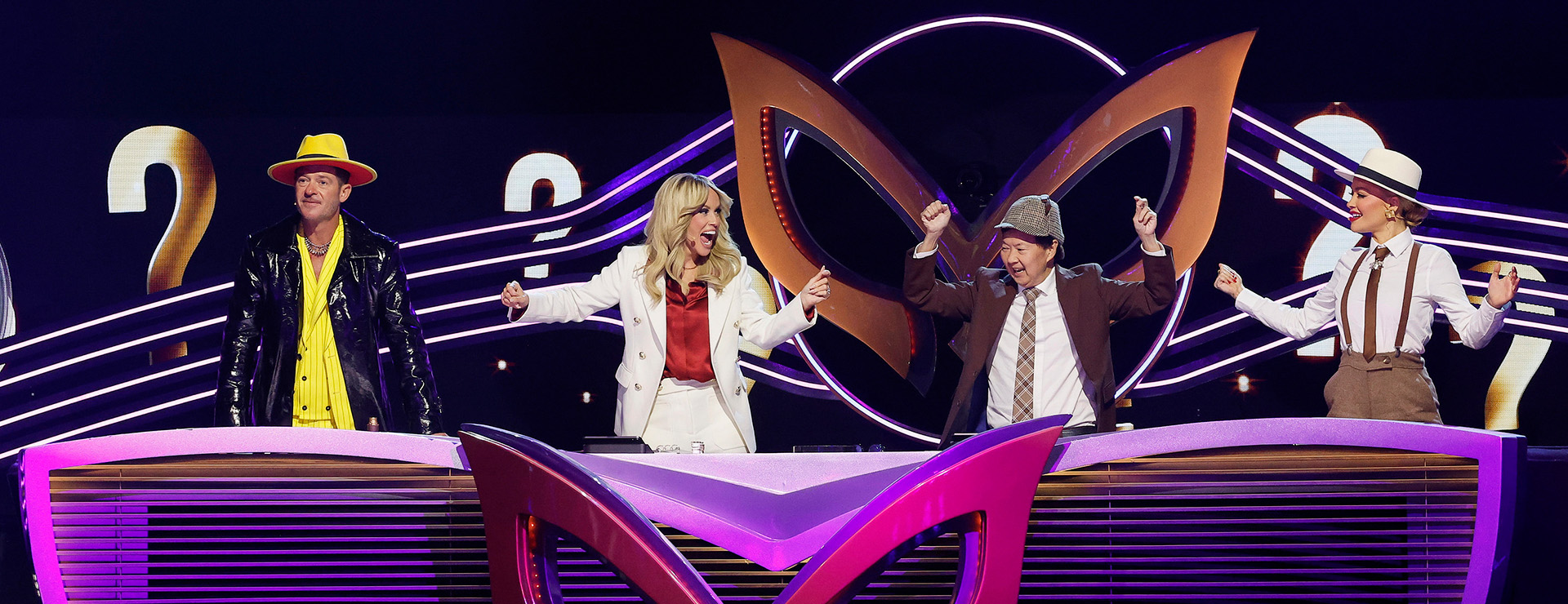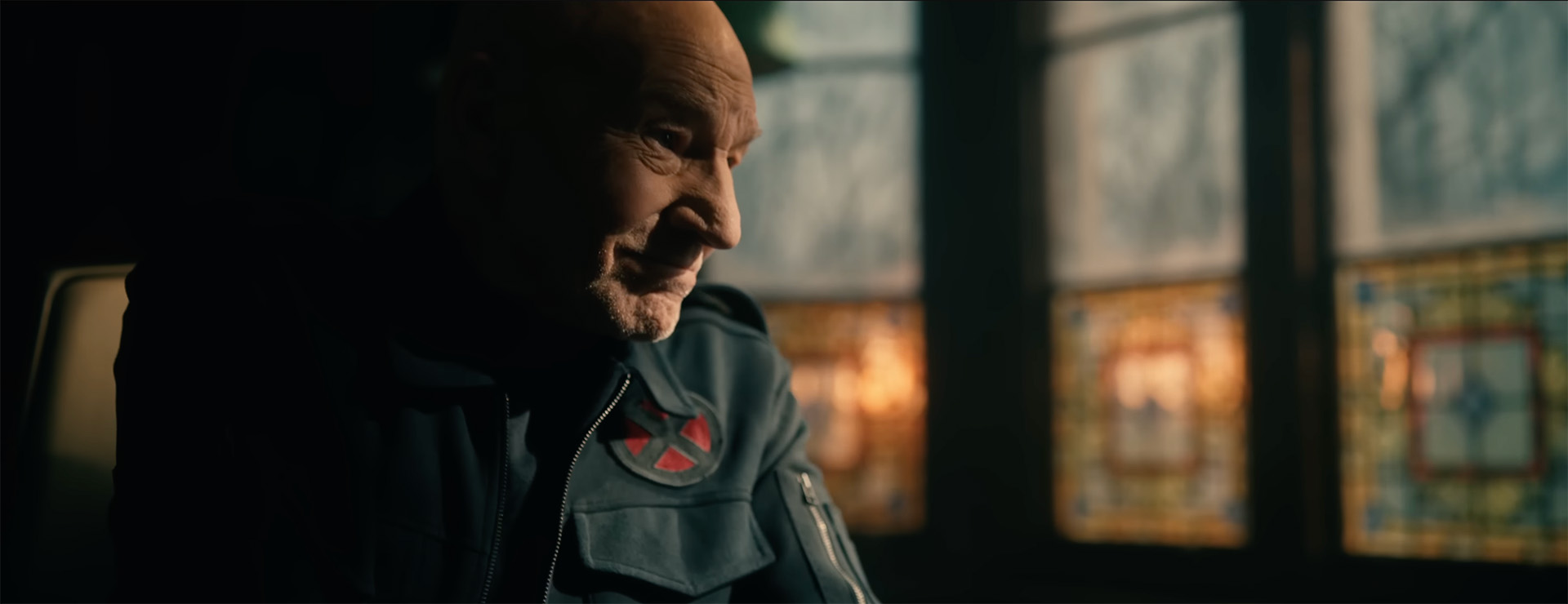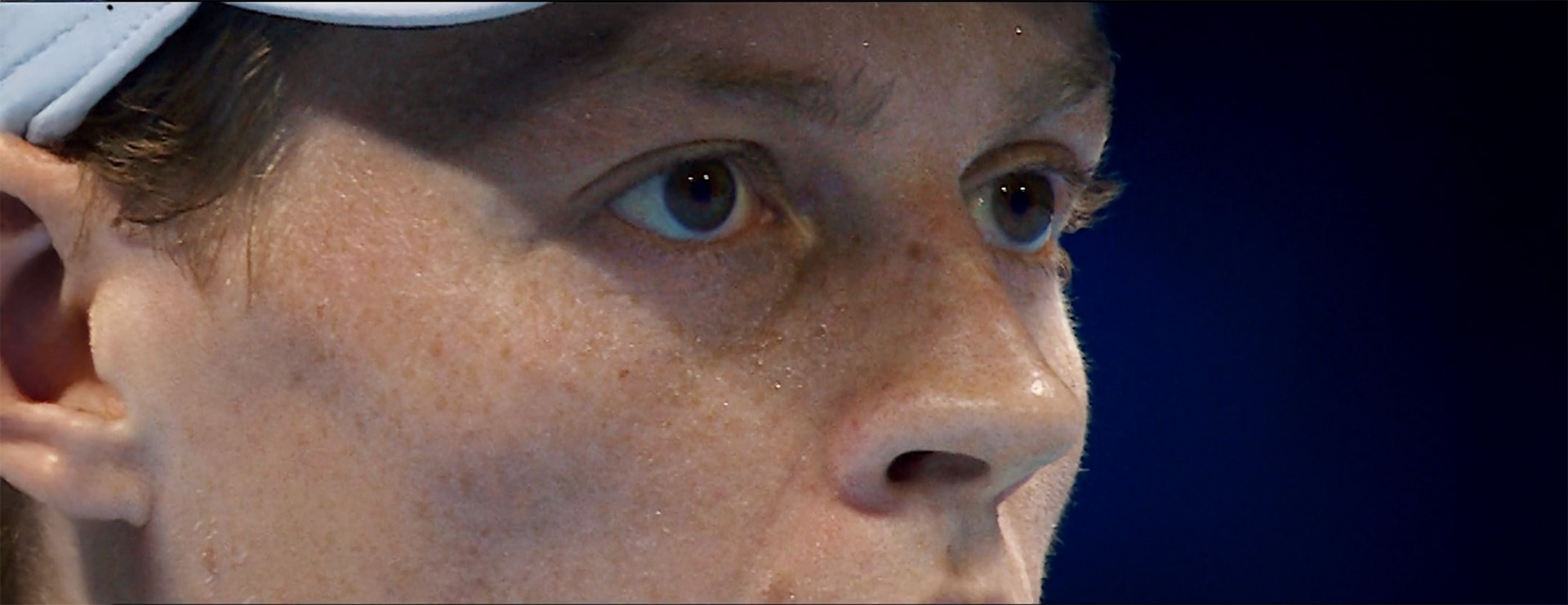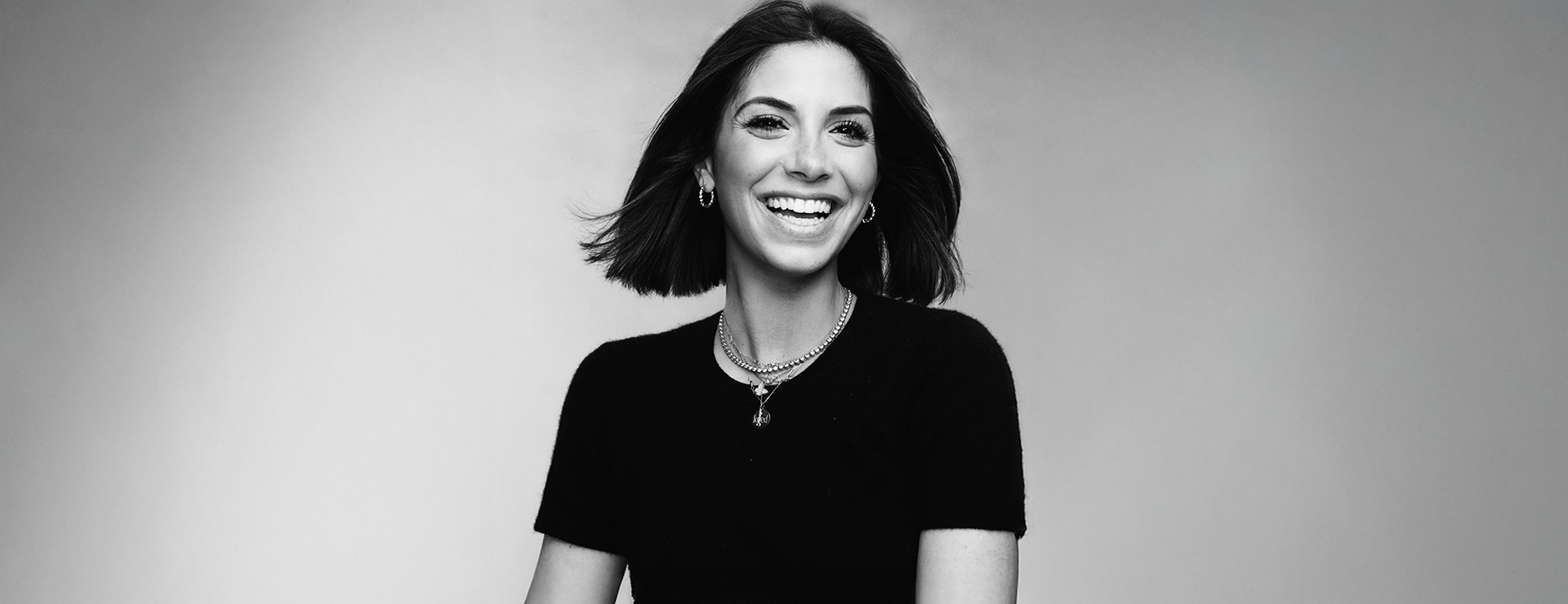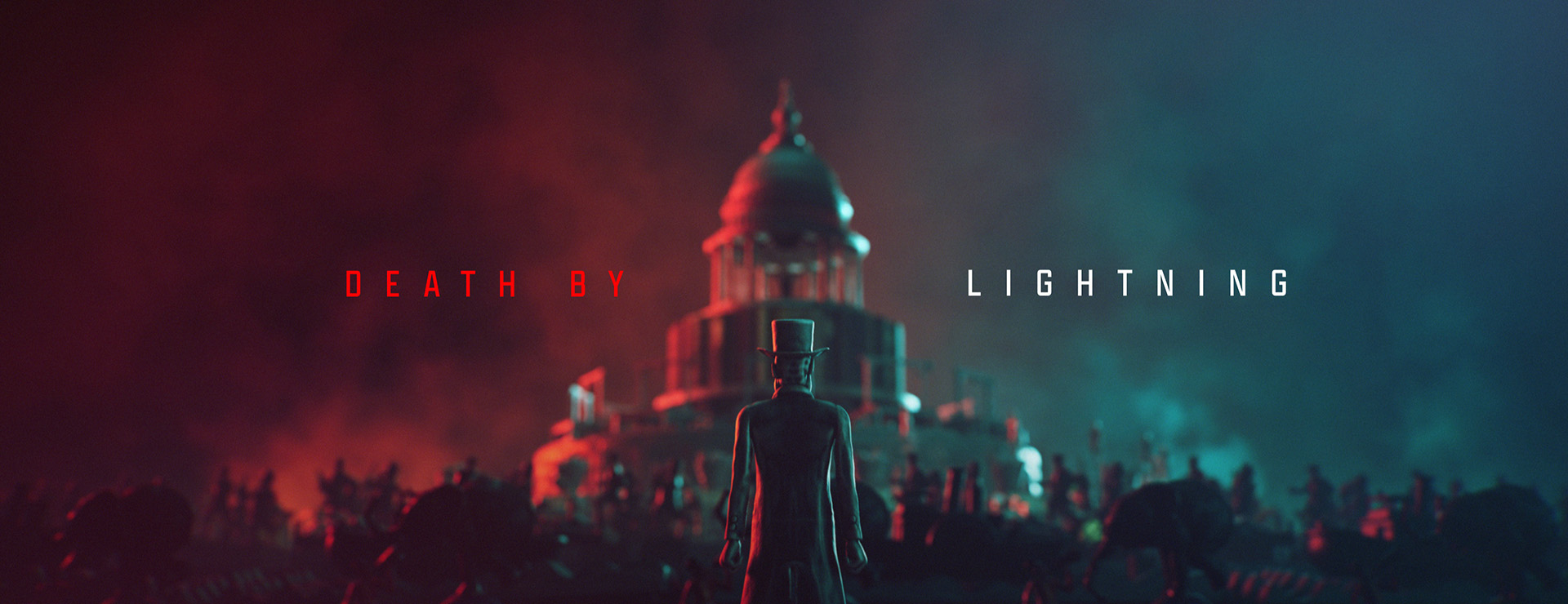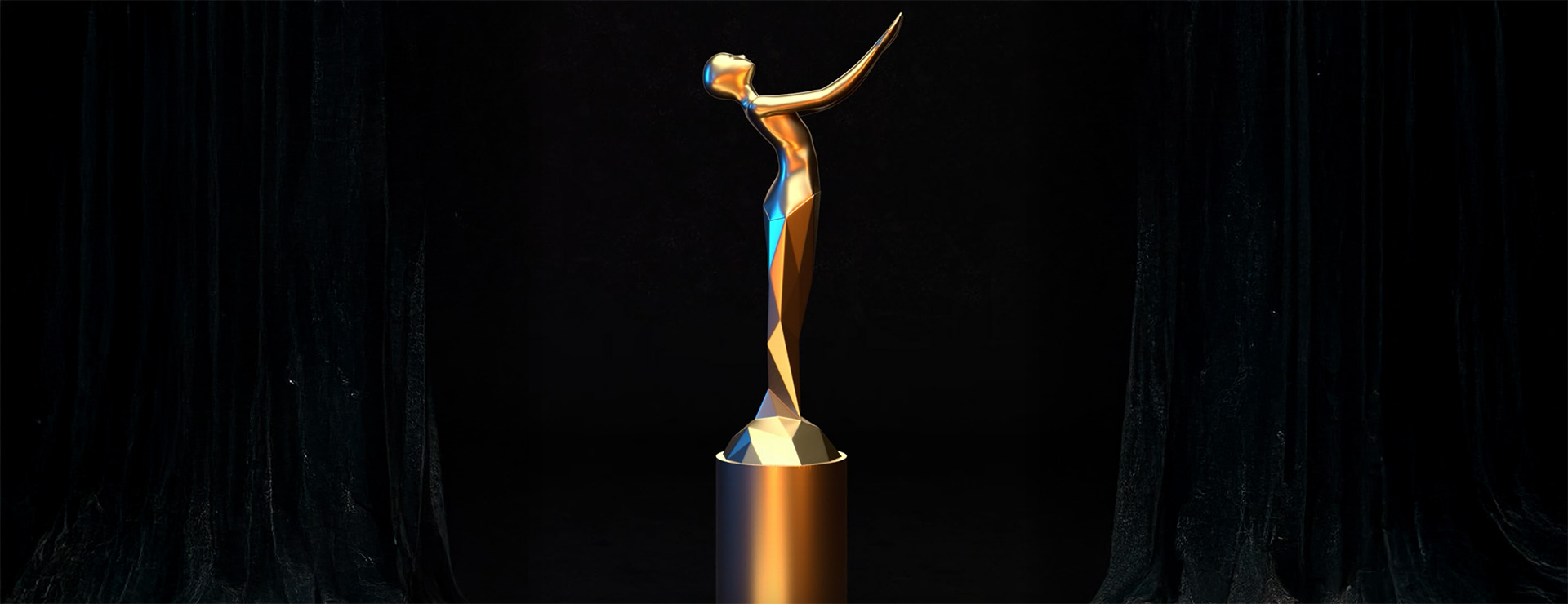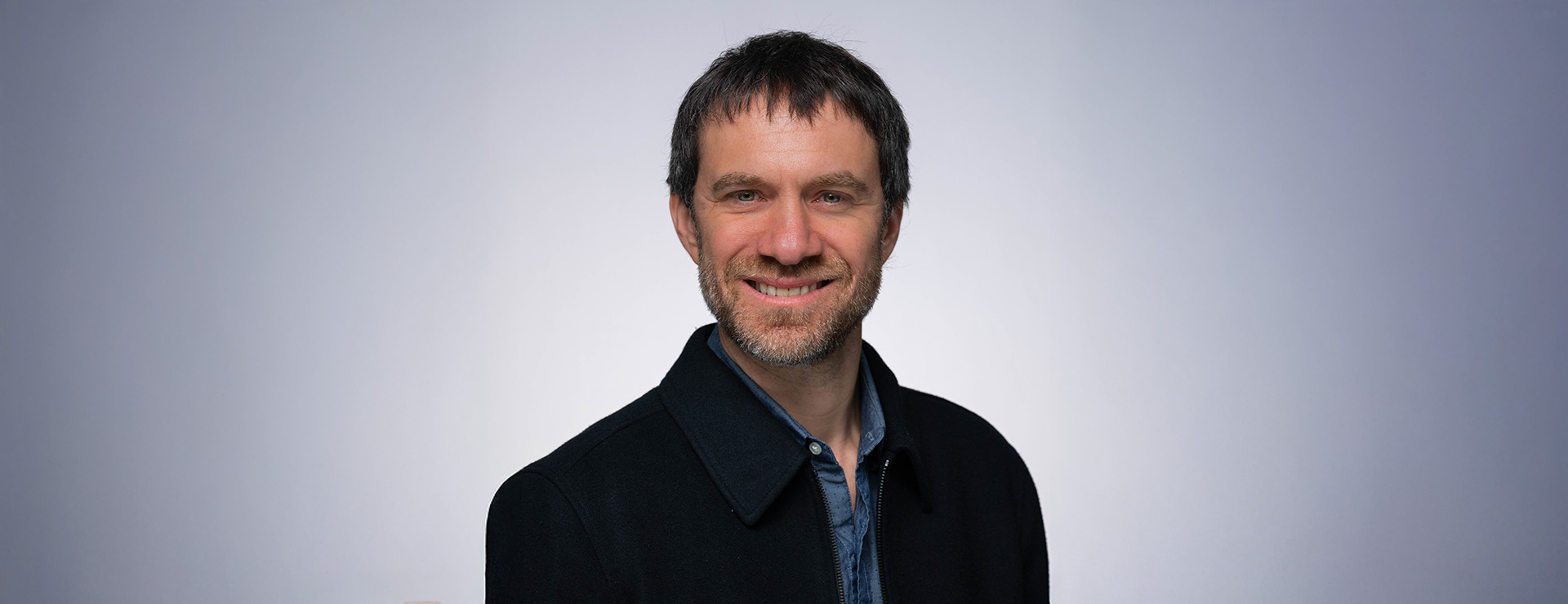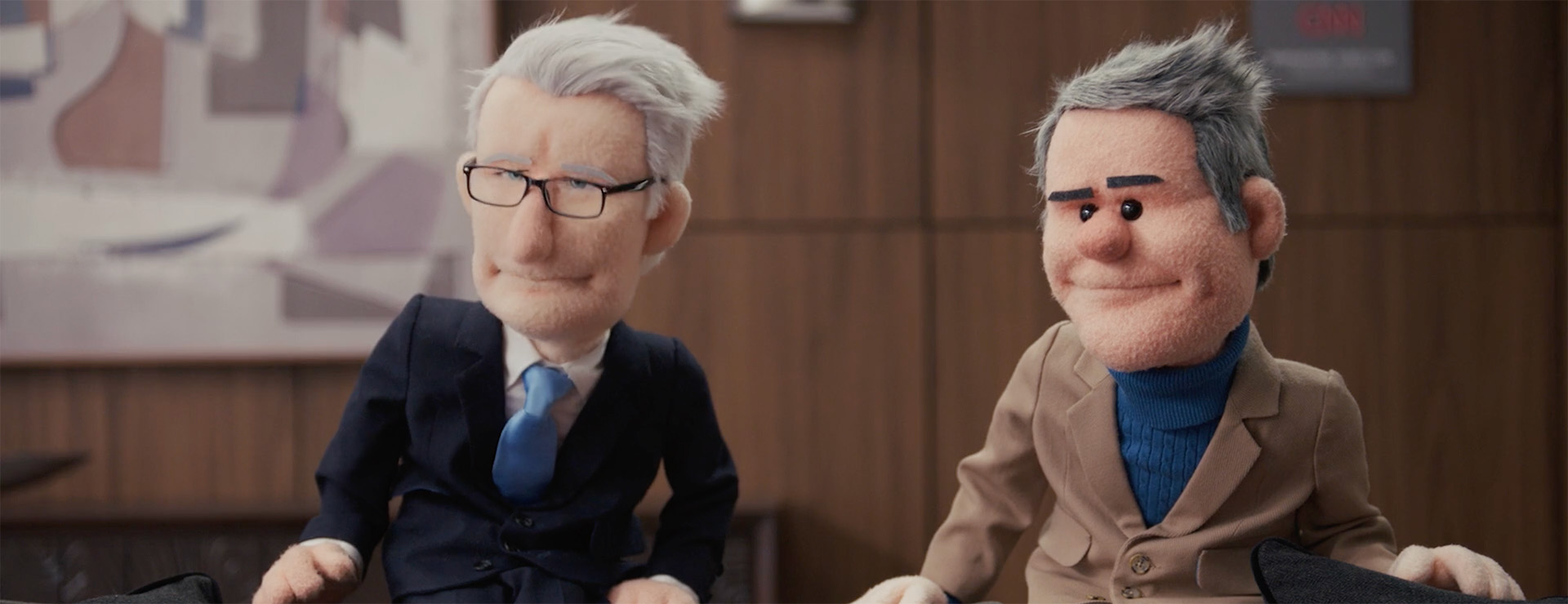It’s hard to believe that 20 years ago, Markus Schmidt founded Munich-based UnitedSenses, taking what he had learned from his time as creative director at Germany’s ProSieben and as CEO of the broadcaster’s creative agency, SevenSenses, to run his own shop.
Since then, the game has changed radically but Schmidt and UnitedSenses have literally kept their eyes on the ball, doing campaigns, packages and rebrands for all sorts of sports all around the globe – from Uefa Europa League to German auto-racing DTM to World Cup basketball and tennis and more. And while sports is UnitedSenses’ main focus, the agency also takes on projects for different types of brands.
Schmidt, founder, CEO and executive creative director of UnitedSenses, joins Spotlight to offer his take on how UnitedSenses continues to make its mark on the ever-evolving world of media.
Spotlight: UnitedSenses is 20 this year! As the world has changed from one dominated by linear channels to one of streaming and on demand, how has that changed the way UnitedSenses works?
Markus Schmidt: Everything has changed, and not just the media landscape. Workflows have gone fully digital – and we’re not talking about digital betacam tapes. What used to be a rough sketch is now an AI-generated, ready-to-air video within hours. Client expectations evolve with technology – faster, slicker, smarter.
Remote work and global collaboration are no longer the exception; they’re the norm. But here’s the twist: UnitedSenses was founded with exactly this mindset. International teams, agile thinking, lean production – it’s been in our DNA from day one. So while the world caught up, we just kept doing what we do best. Maybe with a bit more bandwidth.
Spotlight: Someone I talked to recently said that they felt the switch to streaming has opened up more opportunities for them, although another agency executive countered that it’s also caused budgets to decline so that’s made things a little more challenging. What’s your feeling – has the move to streaming provided you with more opportunities or more challenges?
Schmidt: Both – and that’s the beauty of it. More channels mean more screens to fill, more voices to compete with, and yes, more belt-tightening when it comes to budgets. It’s a crowded party, and everyone wants to dance.
But here’s the upside: with pressure comes change. Streaming has pushed even the most traditional media players to rethink their strategies – and in that process, they’ve become more open to bold, unconventional ideas. For creatives like us, that’s fertile ground. So while the pie may be sliced thinner, the flavor has gotten a lot more interesting.
Spotlight: You guys are based in Munich. What would you say the creative environment is like in Munich, in Germany as a whole and in Europe? I always hear Berlin being talked about as a creative center.
Schmidt: True, Berlin gets a lot of the buzz – and fair enough, it wears its creative chaos proudly. But we’re happily based in Munich, and from here, we tap into a truly global creative ecosystem. Our network stretches from Los Angeles to Copenhagen, from New York to Johannesburg and Beijing. We’ve worked in over 30 countries, and our daily collaborations span time zones as easily as they do disciplines.
That said, Munich holds its own. It has a vibrant media landscape, top-tier production infrastructure, and yes — a few world-famous sports teams to keep things lively. It may be a little more polished than Berlin, but it’s no less inspired. And it is still the place called home.
Spotlight: Looking across your work, UnitedSenses’ emphasis is largely on sports. Was that always your plan for UnitedSenses or has it evolved into that as time has gone on?
It’s definitely been an evolution — but a very intentional one. Around ten years ago, while working mainly for broadcasters, we made a clear decision to focus on sports. Because we believe the best work happens when your heart is in it. And as sports fans ourselves, we bring both the passion of a viewer and the perspective of a strategist to the table.
It’s a space where emotion, identity, and storytelling collide — and we love that. Today, we’re proud to be working with some of the biggest names in sports. It’s been an incredible journey so far — fast-paced, unpredictable, and never, ever boring.
Spotlight: In the United States, sports are more important than ever to content platforms’ overall strategy – whether they are a linear broadcast network, local TV station group or streaming service. Is that true in Europe as well? Have you found that the value of sports has increased as programmers look for ways to differentiate their services?
Schmidt: Absolutely — sports have become the crown jewel of live entertainment, on both sides of the Atlantic. Just look at the numbers: nine out of the 10 most-watched programs are sports events. That kind of mass appeal drives not just sky-high licensing deals but also subscription fees.
In Europe, football (the one with the round ball) reigns supreme. But from a commercial standpoint, it’s a tougher beast to monetize — 2 x 45 minutes with barely a pause isn’t exactly ad-friendly. Compare that to sports with timeouts every few minutes, and you see why broadcasters and streamers need to get creative. Still, the emotional pull of live sports is unmatched — and everyone wants a piece of that passion.
Spotlight: Besides sports, what else have you worked on recently? How have you found branding sports is different from branding other sorts of programming, if you do find it different?
Schmidt: We’ve worked across many genres — from news and culture to movies and shows. But branding sports still feels like its own unique playing field.
The key difference: Sports brands don’t have customers — they have fans. That’s a whole different emotional dynamic. You’re not just building a brand; you’re amplifying passion, loyalty, identity.
And the best part: The stories are already there — full of drama, triumph, heartbreak. We don’t have to invent them. Our job is to bring them to life in a way that moves people.
That said, we treat every project with the same love of storytelling — just with a slightly different soundtrack.
Spotlight: Let’s talk a little about the motion graphics package that UnitedSenses just did for the rebrand of the World Cup of Women’s Tennis, which has been renamed the Billie Jean King Cup. A highlight is turning a tennis ball bounce into the key piece of the package.
Schmidt: Our goal was to design a premium audio-video motion identity for the BJK Cup that would create recognition and clarity for the tournament on the global stage.
To that end, we created the motion design of the freshly rebranded logo and typography (by LBA). We brought the typography to life using frame-by-frame animations and morph templates, leveraging the full flexibility of the variable grotesk font with Billie Jean King’s own handwriting.
We also developed a fully integrated TV package that includes live graphics, replay wipes and transitions. All of the motion principles in these graphics are inspired by tennis, including the drop, lob and smash. Uniting all of these elements through motion creates clarity, consistency and momentum throughout the broadcast.
Finally, we produced an opening sequence for the Billie Jean King Cup that’s intended to set the emotional tone for the event, blending footage with rhythm and narrative. The female-forward audio concept combines urban beats, crowd energy and tennis sound effects into a distinct sonic signature.
Spotlight: Are there any other campaigns that you guys have recently finished or are working on that you would like to mention?
Schmidt: We just rebranded famous German car-racing series DTM with a new look for its 40th season. This included a new logo, new broadcast and digital identities and design solutions for all applications.
We also did all of the brand elements for the FIBA Women’s Basketball World Cup 2026, to be held in Germany.
And we recently completed a package for European Cricket, which is widely unknown in many parts of the world but has a massive fanbase in India.
Spotlight: What is the coolest, most creative thing you have seen lately – this can be from the world of European sports or from anywhere really?
Schmidt: We’re living in wild times — the next cool thing is always just one swipe, scroll or update away. Of course we’re especially captivated by the evolution of AI. Just when you think, “Wow, this is impressive,” the next day a smarter, faster, more jaw-dropping version shows up.
It’s like living in a never-ending highlight reel of creativity and innovation. Both thrilling and slightly exhausting — and also scary.
We're happily experimenting with generative AI tools — always keeping in mind: it's a brilliant assistant, not a replacement for having your own ideas. After 20 years, we're still proudly powered by human intelligence… now with a little help from the algorithm.
To hear more from UnitedSenses’ Markus Schmidt and other speakers like Evan Shapiro and Emmanuelle Lacaze, join GEMA at the first annual Europe Entertainment Marketing + Creative Summit to be held 21-22 May in San Sebastian, Spain, in partnership with Spanish public broadcaster EITB.




